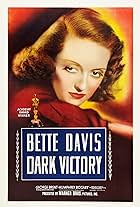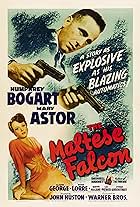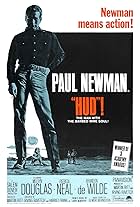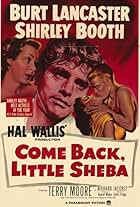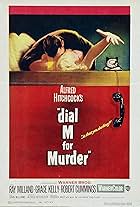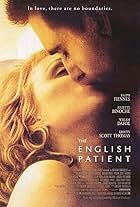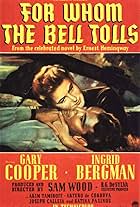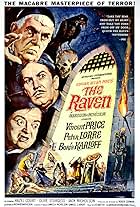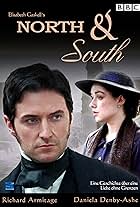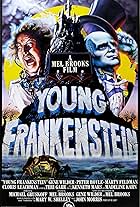Harold_Robbins
Joined Aug 2004
Welcome to the new profile
We're still working on updating some profile features. To see the badges, ratings breakdowns, and polls for this profile, please go to the previous version.
Ratings108
Harold_Robbins's rating
Reviews46
Harold_Robbins's rating
Like many Hammer Films that were pooh-poohed at the time of their release as exploitational, THE TWO FACES OF DR. JEKYLL is much better than its reputation would have you think, and it's surprisingly frank in its depictions of adultery and sexuality. It's well-directed by Terence Fisher, and the sets, costumes, set decorations and cinematography are excellent, making very good use of color (particularly in the Can-Can sequence). Performances are also excellent, particularly Paul Massie in the title roles, though he may seem a bit over-the-top at times. He does an excellent job of differentiating between Jekyll and Hyde, even vocally (though he sounds oddly post-synched in both roles). No, this isn't the foggy, gas-lit London of previous versions of J&H - color more or less ruled that out - but its nevertheless effective in its own way and deserves re-examination.
Helpful•122
There's nothing really wrong with this entry in Hammer's Mummy series - there just wasn't really anyplace further to go with these stories (the Universal ones in the 1940s got progressively worse and inane) - this one's almost a remake of Hammer's previous entry, CURSE OF THE MUMMY'S TOMB, without the bombastic performance of Fred Clark. But there are good performances here - Andre Morrell, John Phillips, David Buck, Catherine Lacey and the ever-reliable Michael Ripper (in a larger-than-usual role), and the production maintains the good Hammer standards. It's really nothing to be ashamed of, and quite enjoyable - this was my second viewing (the first was five years ago, though I first heard about the film when it was released in 1967) and the beauty of most Hammer productions is that they can be re-watched at intervals of several years with no loss of enjoyment - 'comfort films' indeed.
Helpful•45
A big disappointment, but with the talent involved, this movie couldn't not be worth a look - Bergman, the Minnellis, Boyer's brief cameo, a John Gay screenplay (which evidently went awry and became something of a muddled mess) and Geoffrey Unsworth (though time hasn't been kind to his cinematography, which looks murky now). Something was definitely missing here, and I had trouble keeping track of who was who among several of the characters. Bergman was an interesting combination of Auntie Mame and The Madwoman of Chaillot. Liza's in great voice here: the two Kander and Ebb songs aren't bad at all, and "Do It Again" was superb (we know who she must have been thinking of), but where do the songs fit into this muddle? Was it intended as a semi-musical? And why does Liza Minnelli (as Nina) suddenly take Bergman's place as the Countess in the 'flashbacks' - are these supposed to be scenes from Nina's film, or merely in Nina's head? Also, the movie is supposedly set in 1949 but has no period feel or look at all - it looks like 1976. The soundtrack - music and dialog both - sounds like it was almost entirely post-synched, and is reminiscent of one of those bad Italian sword-and-sandal or horror movies of the 1960s or, what's worse, like one of those imported "art films" (the X-rated variety).
Helpful•71


